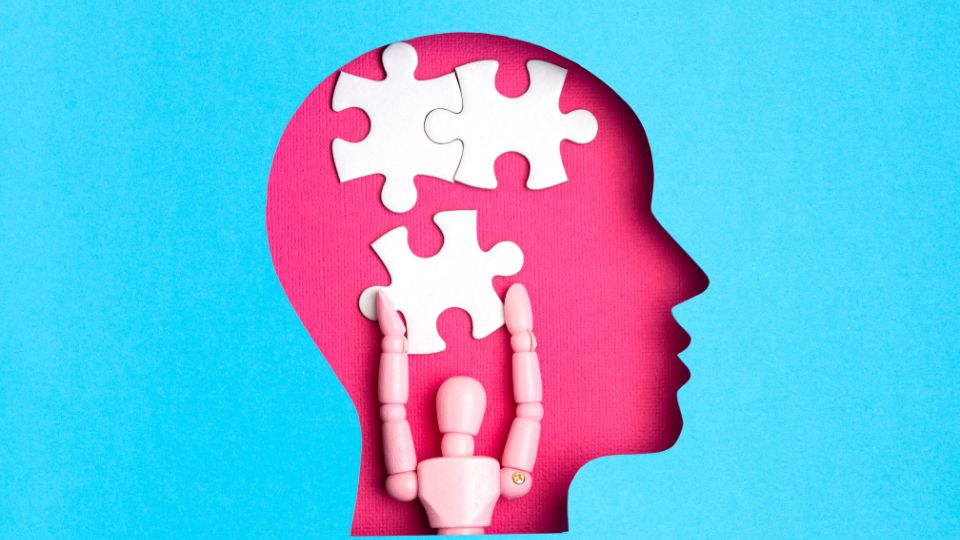How Cognitive Biases Alter Our Perception of the World
Our mind uses shortcuts to process the vast amount of information we
receive daily. These, known as cognitive biases, help us make quick decisions
but distort our perception of the world. Cognitive biases are thought patterns
that lead us to interpret reality inaccurately, influencing our emotions,
judgments, and behaviors. Although they are useful in certain contexts, they
limit our ability to make rational and objective decisions.
For example, confirmation bias leads us to seek information that
reinforces our existing beliefs, ignoring facts that might contradict them.
This can perpetuate prejudices and interpersonal conflicts. Another example is
negativity bias, which makes us give more weight to negative experiences than
positive ones, affecting our self-esteem and worldview. These biases influence
our personal decisions and how we relate to others and our own identity.
How to Identify and Manage Cognitive Biases
The first step in managing cognitive biases is learning to identify
them. Reflect on your thoughts and ask yourself if you are considering all
points of view or if you are letting a bias influence your decisions. If you
always seek news that confirms your beliefs, you might be falling into
confirmation bias. Practicing self-awareness and questioning your first
impressions can help reduce their impact.
Another useful strategy is to seek diverse opinions. Talking to people
with different perspectives will help you broaden your view and overcome the
limitations of your own biases. If you feel that cognitive biases are affecting
your relationships or emotional well-being, working with a professional can
help you develop greater mental clarity.
If you want to understand how biases are affecting your life and learn
to overcome them, we are here to help.



